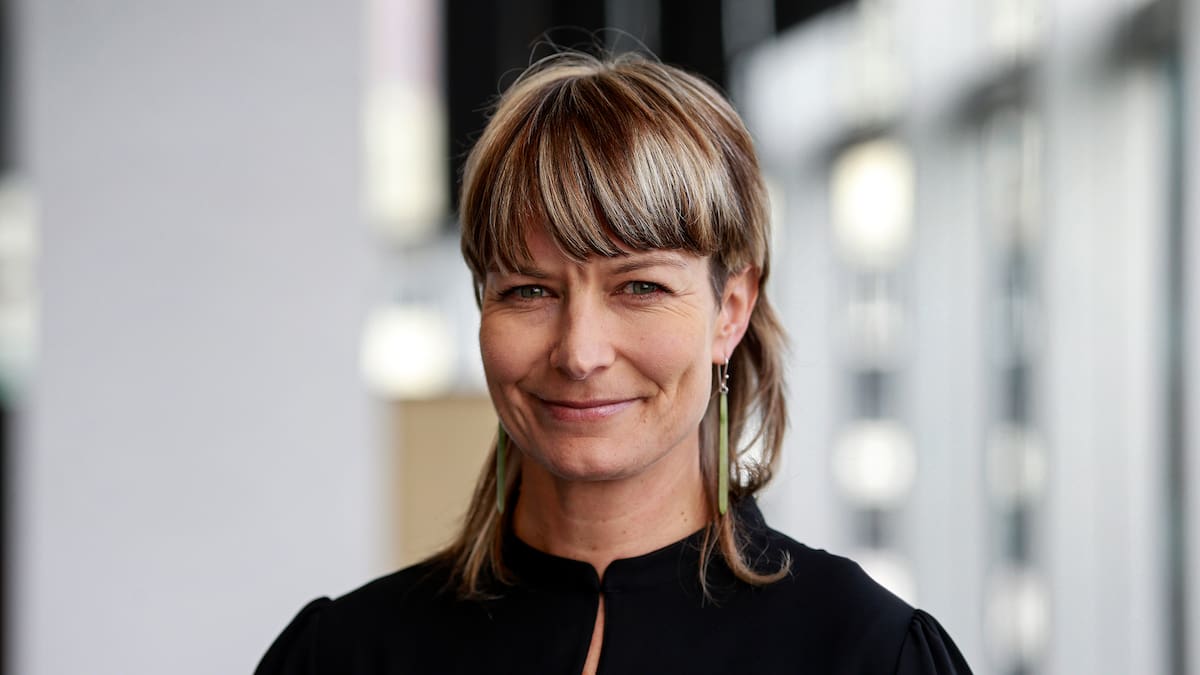Time is pressing.
Moloney has reiterated several times she expects a deal by year’s end, given both parties need about 12 months to accommodate logistics. The current deal expires in December 2025.
On Sky’s side, there are smoother waters. Spark Sport has folded, and Moloney has made it clear the broadcaster will pay a lot less for rights if they are shared, in part, with NZR’s new NZR+ streaming platform.
“We have entered these discussions in a significantly improved position to when we last negotiated the Sanzaar rights in 2019,” Bowman said.
“Sky is committed to continuing the positive relationships we’ve built with New Zealand Rugby over more than three decades, producing and delivering the rugby that New Zealanders love to watch and helping to grow the game across the country.
“[But] at the same time, we recognise our customers cannot and should not be expected to take on a disproportionate share of the cost of funding New Zealand Rugby’s business.”
Hints at another share buyback
Bowman reiterated Sky’s previously reported FY2024 numbers (see summary below) and hinted another share buyback could be on the way.
“Given the ongoing negotiations with NZR, we are not currently in the market buying back shares.
“That said, your Board maintains its view that Sky’s shares remain under-valued … Once the satellite migration and negotiations with NZR have been concluded, it will be appropriate to review further capital management opportunities, including the option to introduce a prudent amount of leverage to the balance sheet.”
Satellite complications, possible costs
Sky TV has a longstanding contract with Optus to migrate its Sky Box customers to the new Optus 11 satellite before its current bird, Optus D2, reaches end-of-life next year.
The broadcaster warned in August that Optus manufacturing delays meant an interim solution would need to be found – and by May 2025.
Today, Moloney provided some extra details.
Optus has made two potential replacement satellite options available.
The preferred option is a satellite that could be moved in space to the same position as the current D2 (160 degrees East).
But the bird is not in position yet, so Sky is also asking some customers to run signal tests on a backup option at 156 degrees East which, if ultimately adopted, will require technicians to alter the orientation of some customers’ satellite dishes.
While Optus is on the hook for most of the costs, Sky says it has “conservatively” increased the upper limit of its satellite migration contingency from $10-$15m to $20m.
The dividend will be protected if the $20m cost is ultimately incurred, Moloney said.
Sky shares were up 1.1% in midday trading.
Chris Keall is an Auckland-based member of the Herald’s business team. He joined the Herald in 2018 and is the technology editor and a senior business writer.






